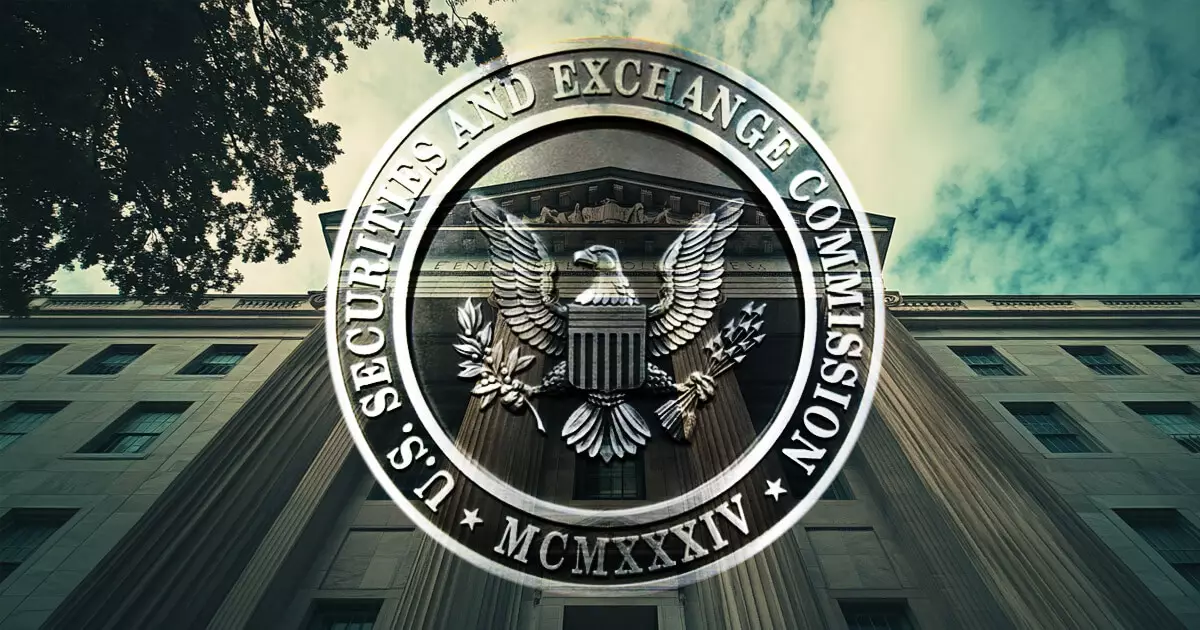The appointment of Mark Uyeda as the acting chair of the U.S. Securities and Exchange Commission (SEC) marks a pivotal moment for the agency, especially in the realm of digital assets. With President Donald Trump’s decision to appoint Uyeda effective January 20, the SEC is set to transition under a new umbrella of leadership that promises to realign regulatory approaches to cryptocurrency and related technologies. This comes in the wake of Gary Gensler’s resignation, a move that has been long anticipated given the contentious relationship he had with portions of the industry.
Uyeda is not a newcomer to the discussion surrounding digital assets; rather, he has been a consistent advocate for a clearer regulatory environment. His criticisms of the SEC’s previous treatment of digital assets have resonated with many industry participants who have expressed frustrations about the lack of guidance and inconsistent regulations. During a notable appearance on Fox Business, Uyeda articulated concerns over the uncertainty generated by the SEC’s past enforcement actions, claiming it has necessitated judicial intervention while further muddling compliance expectations. Such statements indicate that Uyeda may champion a more balanced and informed regulatory perspective during his tenure.
Key Issues and Crypto Critique
The recent criticism of the SEC’s approach to non-fungible tokens (NFTs), particularly through the lens of the Flyfish Club incident, highlights ongoing tensions surrounding this emerging asset class. Uyeda and fellow commissioner Hester Peirce contended that NFTs should be viewed as utility tokens rather than securities. This distinction could significantly influence the way NFTs are regulated, providing a much-needed clarification that the market has been desperately seeking. With the SEC capturing a sizable $17.5 million from primary sales and royalties related to Flyfish, the implications of regulatory actions pose substantial risks for innovating companies and investors alike.
In a joint statement regarding the resignation of Gensler, Uyeda, Peirce, and Caroline Crenshaw recognized Gensler’s collaborative spirit, which has, up to this point, enabled exchanges of ideas across party lines. By maintaining a commitment to bipartisan dialogue, the commissioners have emphasized that the process of policy-making can continue to serve the interests of the public rather than be marred by partisanship. This focus will be critical as the SEC navigates its future agenda under Uyeda’s leadership, especially as industries burgeon within the digital landscape.
As the SEC embarks on this transitionary phase, all eyes will remain on how Uyeda’s leadership reflects a potential shift towards greater clarity and advocacy for innovation within the digital asset space. His track record of pushing for regulatory reform signals a possibly more proactive era under his interim stewardship. The groundwork laid by past actions, combined with Uyeda’s clear vision for the future, could pave the way for a markedly different regulatory climate—a necessary evolution for an industry at the forefront of economic transformation.

